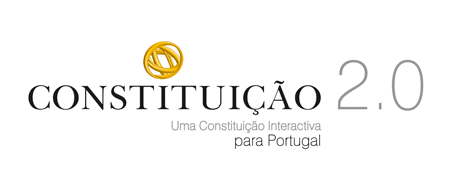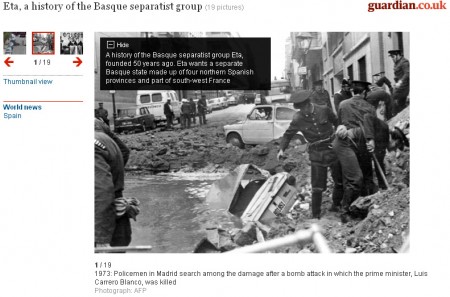
While the Web is upgrading to version 3.0, e-governance seems to be trapped in an eternal beta phase. A seemingly simple step like using electronic voting stations is still considered a great success wherever applied. But even more common are decisions to simply leave elections analog and offline.
But if you cannot bring the government to the people, you might bring the people to the government. An interesting initiative to bring governance and online technology together was launched in Portugal in July. The Institute for Portuguese Democracy (IDP), a Lisbon-based political, nonpartisan think tank has opened a website that allows users to use a wiki to draft the country’s constitution as easy as an article on Wikipedia.




